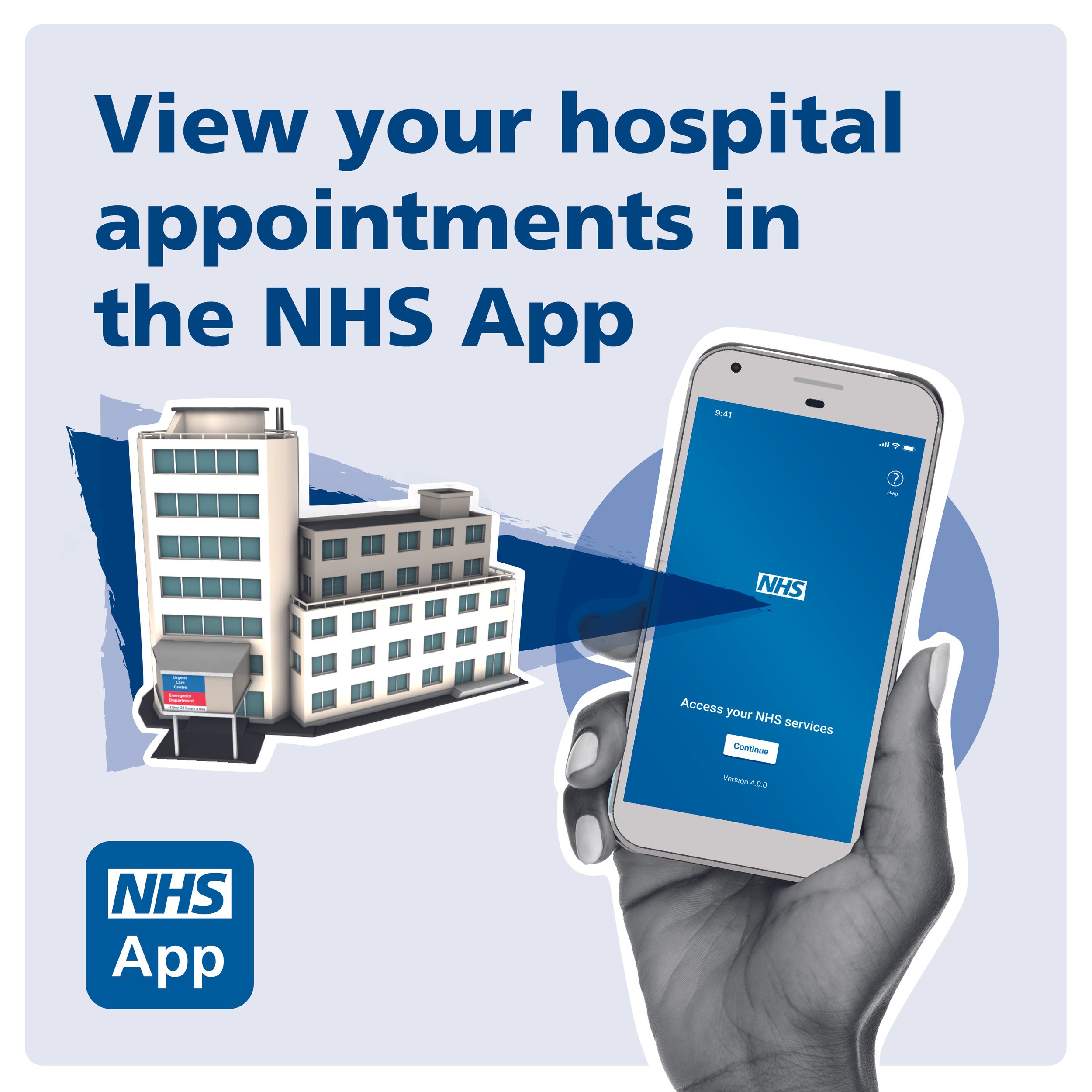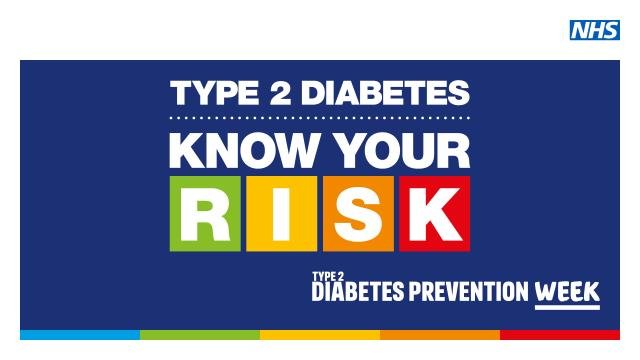THE SUNSHINE HAS ARRIVED - HOORAY! BUT FOR THOSE OF US WITH HAY FEVER IT CAN BE BITTERSWEET.
Hay fever is an allergic reaction to pollen and the symptoms occur or worsen in the Spring and Summer when pollen counts are higher. This can result in sneezing, coughing, a runny or blocked nose, itchy or watery eyes and an itchy throat.
We often get calls about hay fever at this time of year, but recent changes mean that most treatments for hay fever can now be purchased over the counter at your local pharmacy, meaning your pharmacist is often best placed to help.
The treatment of hay fever normally consists of antihistamine tablets, antihistamine eye drops and steroid nasal sprays. If required you can use a combination.
Anti-histamine tablets/syrup
There are several different types available from your pharmacy. If you try one which doesn’t help, then it is worth trying an alternative, unfortunately this often involves some degree of trial and error. Some anti-histamine’s such as Piriton (chlorphenamine maleate) can make you feel drowsy, so there are non-drowsy preparations available, such as cetirizine.
If, despite trying different anti-histamines, your symptoms persist then consider adding in eye drops, or a nasal steroid spray, or both.
Anti-histamine Eye Drops
These can be purchased from the pharmacy and work well where itchy and runny eyes are more problematic. The drug is called sodium cromoglicate.
Nasal Steroid Spray
These can work very effectively helping control your symptoms of hay fever and can be used in conjunction with the above treatments. Nasal steroid sprays can take days or weeks to reach their fullest effect so they are worth persevering with.
WHAT NEXT?
If the above treatments, when used in combination, have failed to solve the problem, and you have given them a reasonable period of time to work, then please give us a call to discuss further with one of our Clinical Pharmacists.
















